In Signed, Sealed, Delivered: The Road Less Traveled, the labels assigned to Norman by others created deeply-rooted identity issues. Conditioned to believe that his personality, behaviors and mannerisms were “odd,” and lacking the proper evidence and context to prove otherwise, Norman assumed that identity “as true or...certain,” and mistakenly filtered his perception of himself, and even his future, through that distorted lens.
Distorted Images
The Cracked Lens
A critical spot in the film, Norman and Rita’s walk through the park revealed the depth and breadth of Norman’s identity issues:
| Norman even grafted the little knowledge he had of his family onto that negative perception. Norman “never knew [his] father, barely knew [his] mother” whom he was told “did some pretty odd stuff,” and “his only living relative,” Ardis, he described as “smart...funny...and kinda weird.” What we have to ask is who defined these alleged behaviors as “weird?” And I think the answer was “kids who made fun of [Norman] for being odd” as they defined the term “odd.” Because Norman knew little about his biological family for a majority of his life, it allowed the perceptions and interpretations of Norman’s action, talents and behaviors by others to create an identity where Norman perceived his skills, talents and actions as “weird,” “odd,” or “different.” This caused Norman to be disconnected from others in a deeply-rooted way, such that even the additional context of his biological family could only be processed through the distorted lens established by his peers. |
What’s worse is that this identity was so deeply ingrained that it had not only the potential to define his past, but define Norman’s future. He was so concerned that “[he] paid the price for being odd, and didn’t want [his children with Rita] to have to,” that he didn’t want to have any biological children. He actually believed his uniqueness was a DNA trait to be avoided, which caused him to assume something else---that adoption was somehow the solution. It stands to reason Norman thought since the children wouldn’t be biological, they wouldn’t be influenced by him in the ways which caused him to be teased and bullied. His very name and existence defined by a desire for family and connection, with the opportunity to establish it at a core, biological level, Norman’s skewed perception of himself possessed enough weight to potentially deprive him of that outcome.
| Somewhere in his rattled mind, Norman also somehow convinced himself that “[Rita] wouldn’t want to marry [him] anymore.” On a fundamental level, Norman assumed Rita either didn’t want to adopt children, or that she only wanted biological children if she married Norman and they started a family. A wound so deeply ingrained, Norman filtered even Rita’s potential response to his conclusion through a negative lens. Perpetually entrenched in the past, Norman’s vision of the future was filtered almost exclusively by the negative lens set by others in the past. So deeply ingrained, the labels very nearly robbed Norman of his future and the creation of his own biological family for fear of passing those labels on. Fortunately for Norman, Rita was armed with evidence, and a lens of her own. |
A Corrective Lens
| Rita began their conversation by laying to rest two of her own major concerns. Once she determined that Norman still wanted to marry her, and still wanted to have children, she could truly absorb and process Norman’s expression of his heart, and the pain it contained, without distraction from her own confusion. More importantly, Rita had the perspective, evidence, and vision to set the record straight, and create the context Norman needed. |
For every negative label, Rita offered an alternative perspective. She called him “smart,” and “funny” and exposed the lies Norman carried as “bullies” who “only saw the different [and] couldn’t see the amazing.” What Norman devalued as “different” and “not amazing,” Rita labeled “special gifts,” like “inventing mail recovery protocols that nobody has even imagined,” his ability to “develop old camera film...invent new chemical solutions” and “analyze the handwriting on a hopelessly ripped and mangled envelope with [his] eyes closed.” And she even highlighted the fact that those “special gifts” qualified Norman “to be asked to be part of [Oliver’s] team,” because, like Rita, Oliver saw those gifts. Most important, however, was the fact Rita not only saw all of these traits, but were specifically “why [she] loved [Norman], because [he’s] special.”
When Norman circled back to the subject of children, the idea they should adopt wasn’t anything new or unexpected for Rita. In fact, “she always thought [they] were going to adopt” and “plan[ned] on having a whole rainbow of babies [with Norman]…how[ever] they came to [them].” It was important, however, that Rita understood Norman’s core motivation to do so was connected to his distorted perception of himself, as opposed to the altruism he often embodied. With more context, Rita spoke directly to Norman’s wound.
| And it was a message Norman was ready to receive since, by default, Rita’s anticipation of his desire to adopt negated Norman’s assumption that “Rita wouldn't want to marry [him] anymore” on those grounds. New Identity She had re-framed Norman’s perception of his skills and talents. But Rita’s explanation of why “like it or not, [their adopted children]...[would] be like [Norman]” repaired the breach between his heart, mind and spirit wounded by negative labels from the past. |
Beautifully, she connected this vision for Norman’s future to his vision of himself from the past, to let Norman know “[he was] safe now.” “Never really...that boy [he] was in high school,” Norman’s true identity was “the boy who would grow up and marry [her]. The Norman that [Rita] was meant to love, and the man that all sorts of children will love and call their Daddy, the smartest man they will ever know.” Always his destiny, it “just took a little bit longer for [Norman] to be appreciated.” In a single stroke, Rita created the broader context to which Norman’s pain had blinded him---and added a kiss for reinforcement.
| Presented with Norman’s pain, Rita’s unique perspective and deep love for Norman allowed her to correct the lens through which he viewed himself by exposing the lies which he used to form his identity. When Rita applied what Norman’s peers labeled “odd,” “different,” or “not amazing” to the right context, they became “special gifts” which uniquely qualified Norman to be called to purpose as part of Oliver’s team. They were also just one of the “special” reasons why Rita loved him. |
Once alienated by the labels and perceptions of others, Rita re-framed Norman’s narrowed negative lens that entrenched him in the past, and replaced it with a broader context where Norman’s journey was connected to the destiny he was already on track to fulfill now, and in the future, simply by being himself.
A Good Report
Though he didn’t know it, Norman had a good word spoken over him from a very young age. The person who completed the assessment recognized Norman’s above average IQ, his “remarkable ability to adapt to situations with a unique and unpredictable perspective, while expressing forbearance and kindness to his peers,” and his sensitive soul. Where Norman would have previously viewed the word “abstract” as negative, he proudly embraced the term as a positive trait.
| His hesitation and difficulty operating “wheeled vehicles” received context as well, the consequence of an unfortunate playground accident. This gap in his self-understanding filled in, the knowledge also seemed to empower him, as he requested Rita’s keys to take his driver’s exam. Approaching life from a place of empowerment rather than a place of deficiency, Norman quickly made strides in areas which previously caused him strife. |
In-Focus
The “first friend that ever believed in him,” Oliver recruited Norman for his gifts, reaffirming their value, and Norman’s value, in the process. Oliver “taught [Norman] how to stamp and sort and forward and deliver all sorts of impossible things.” But perhaps Oliver’s most important contribution to Norman’s life was “mak[ing] [him] believe that being loved by somebody incredible, like Rita, was not an impossible thing.” Confident in himself, Norman was finally able to clearly see those who had made efforts to contribute to his confidence, and the personal empowerment that accompanied, it over time. The “best man [Norman knew],” Norman invited Oliver to be “[his] best man,” and see Norman into the future he could finally clearly envision for himself.
| Norman’s journey in The Road Less Traveled exposed the power of labels to frame self-perception at a core level, particularly for someone dependent upon his association with others for context. Deeply ingrained, Norman’s assumption of the labels “odd” and “different” created an identity through which he filtered his experience of himself and his vision of the future, and even mapped what little evidence and context he had for himself through that negative lens. So distorted, Norman even believed his children were doomed to the same labels, an assumption for which his options for becoming a father became limited to adoption. |
Lens Repaired,
~C
Overcoming Assumptions: Oliver | Norman | Shane
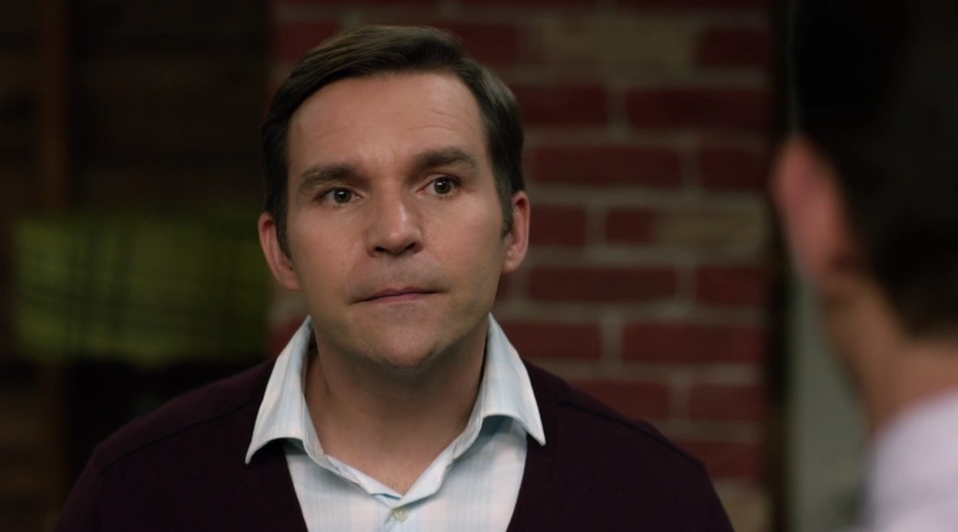
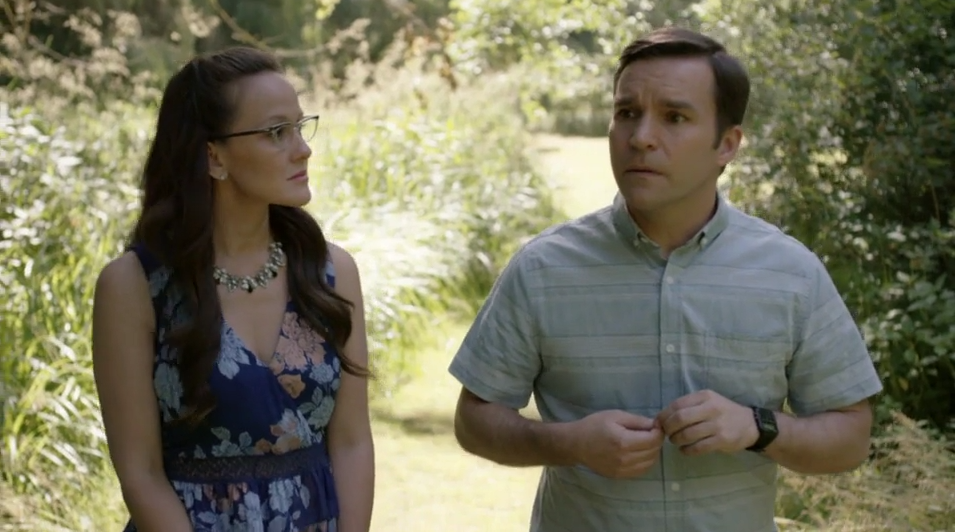
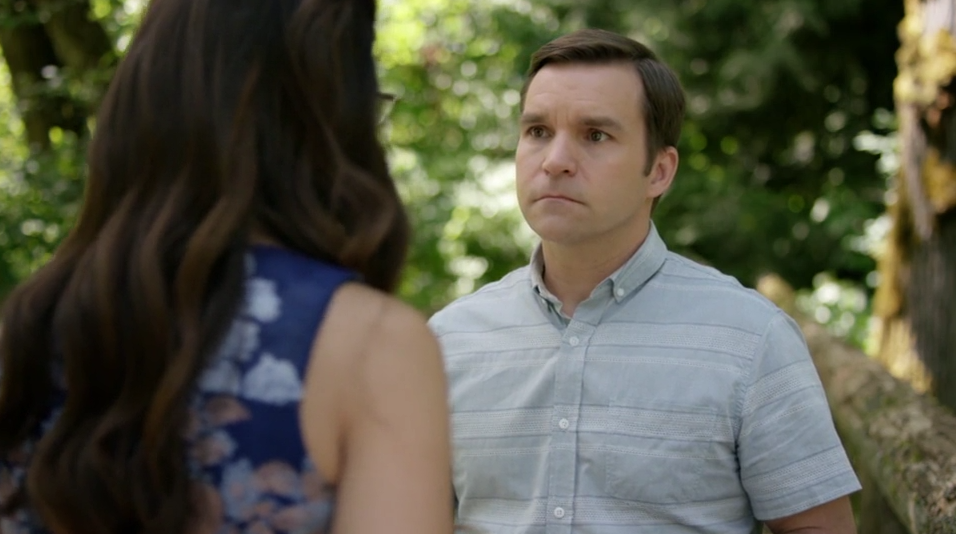
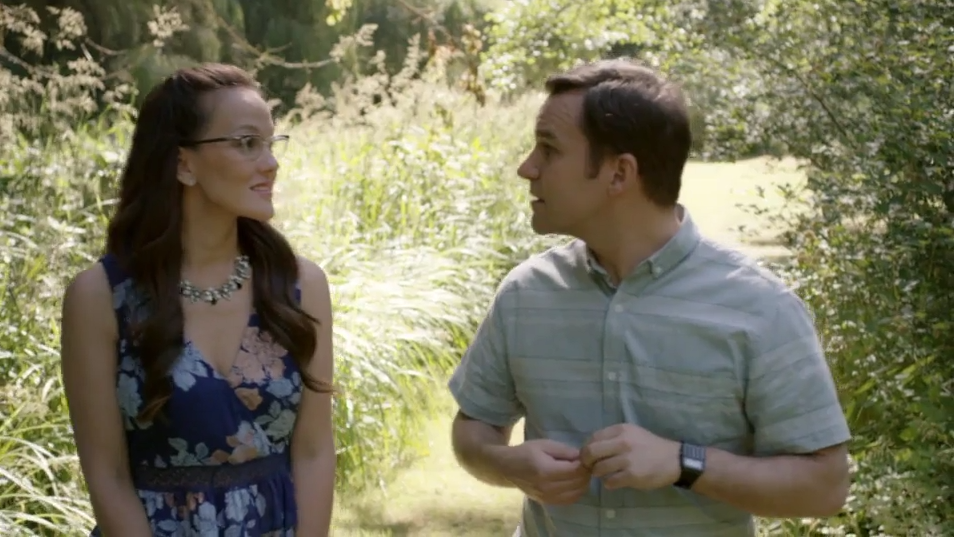
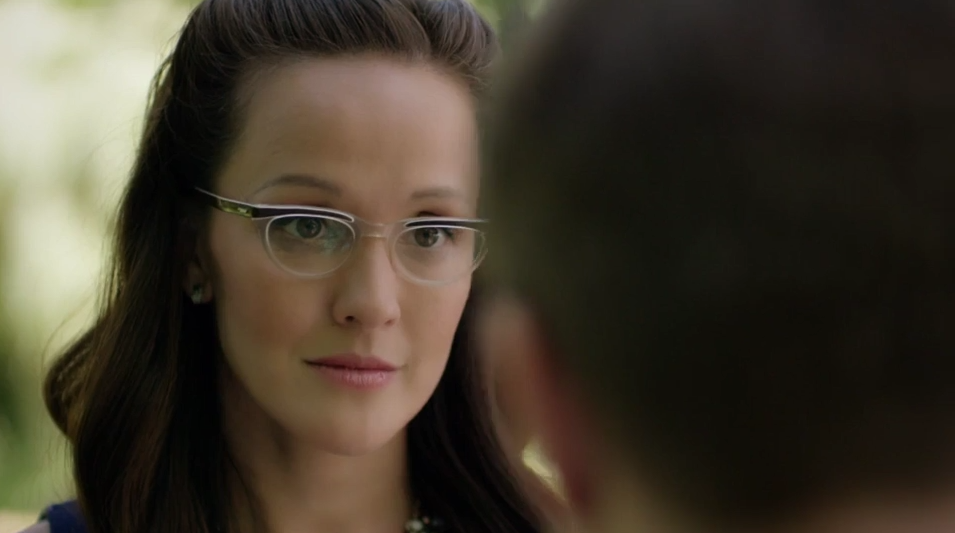
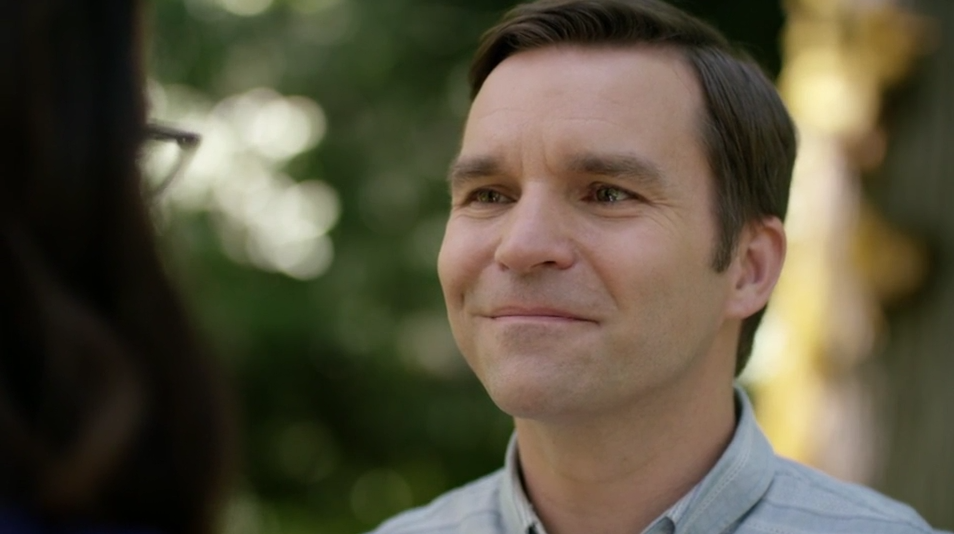
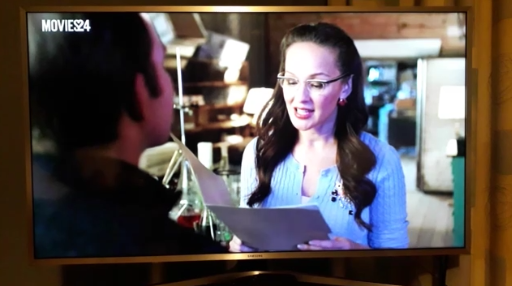
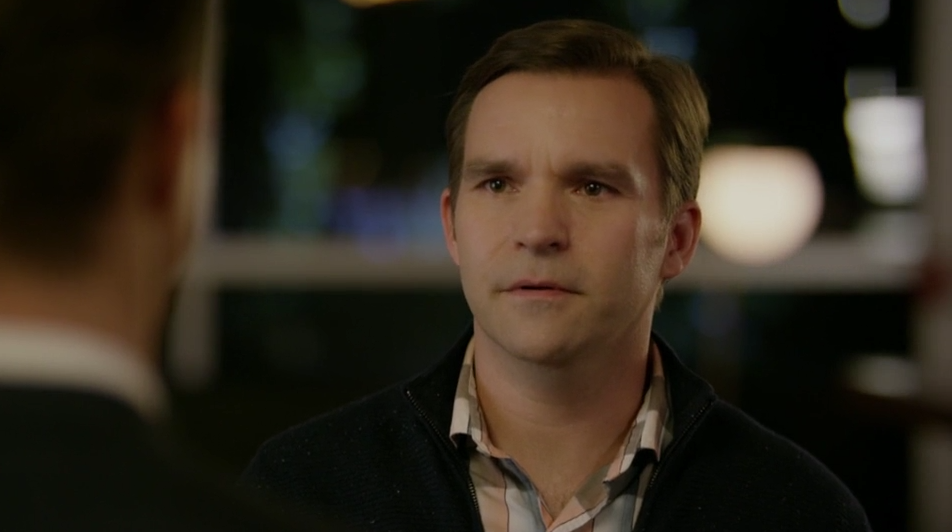
 RSS Feed
RSS Feed
